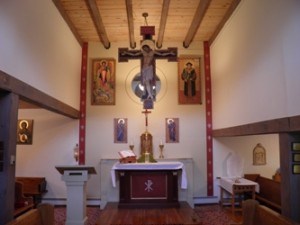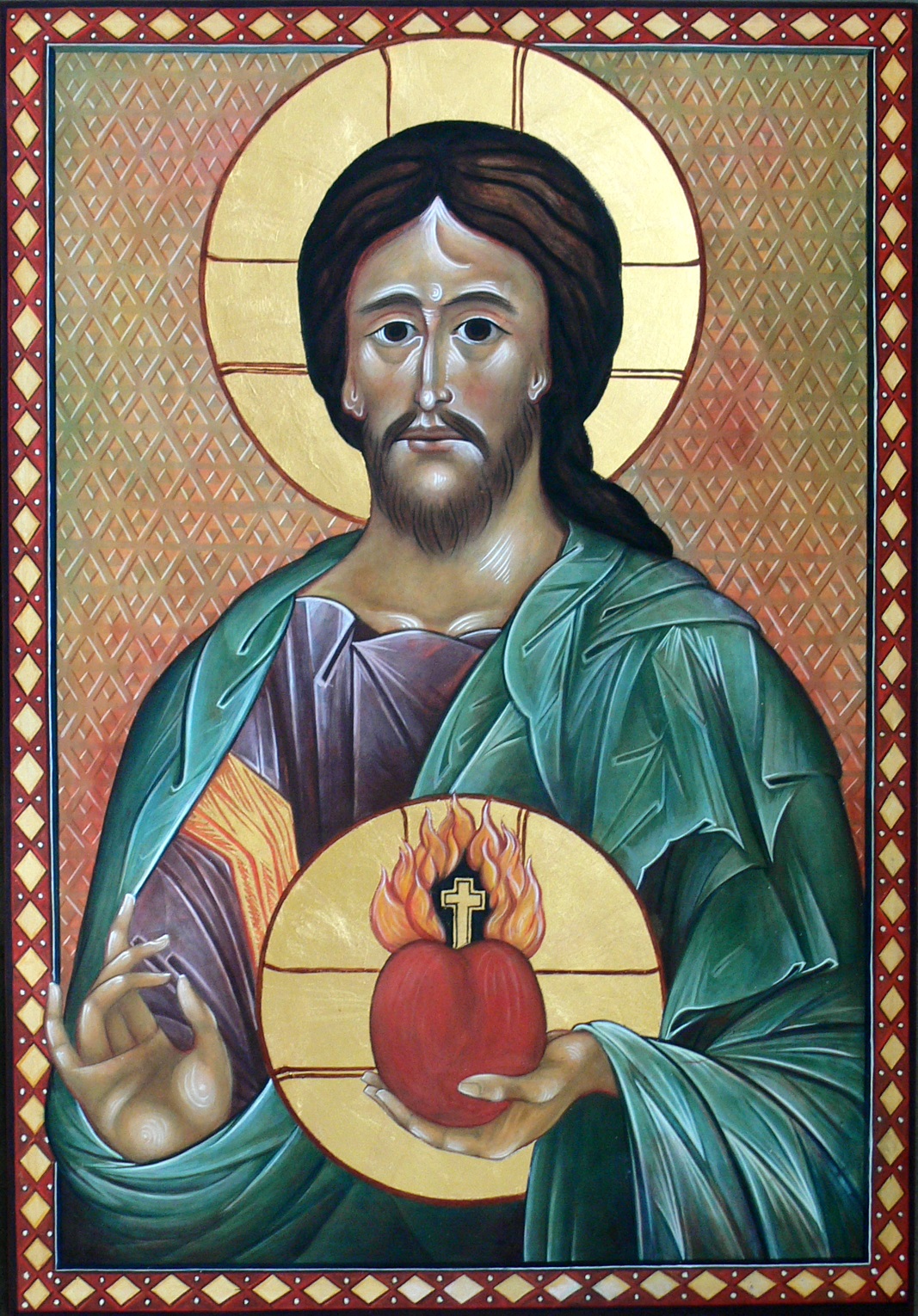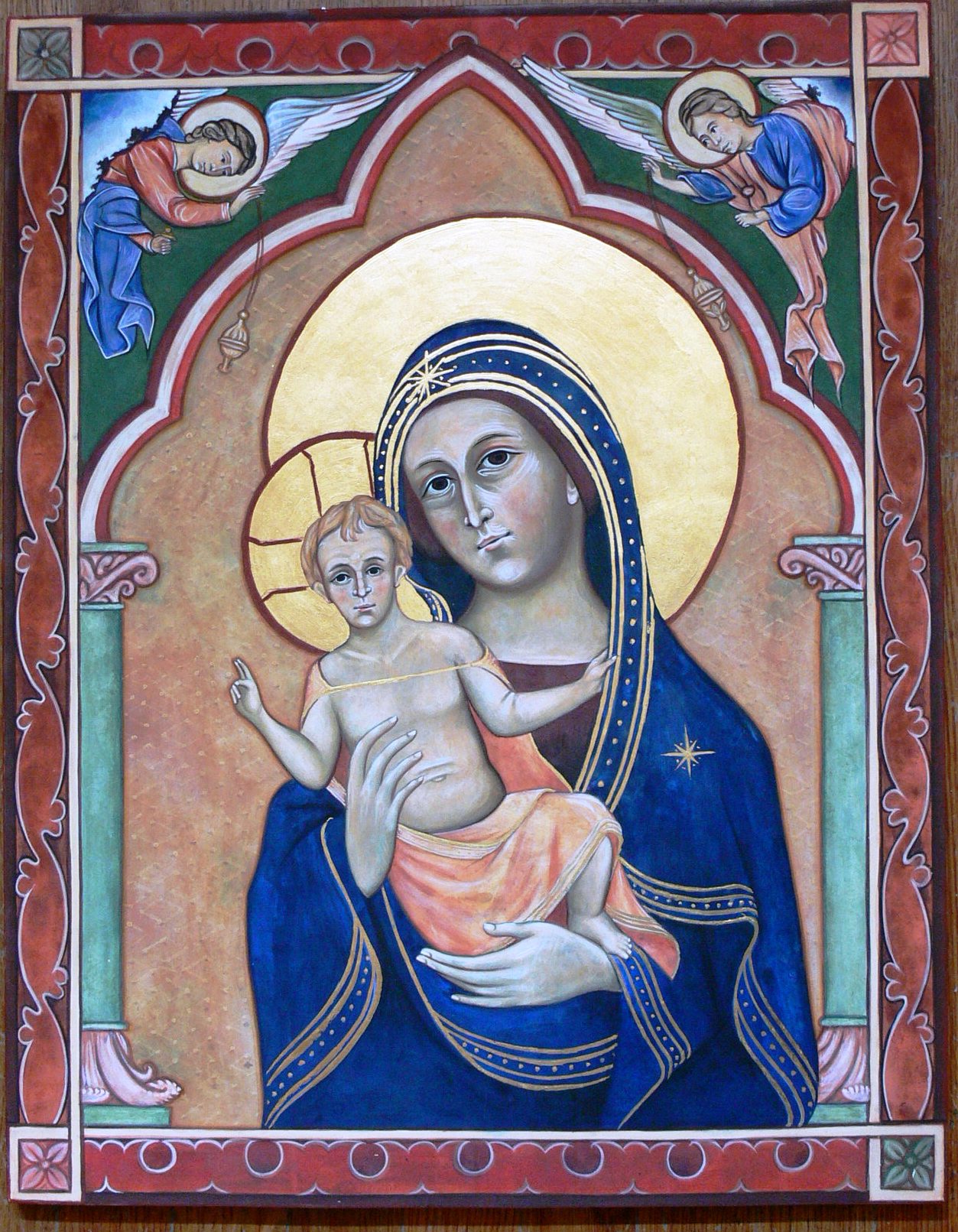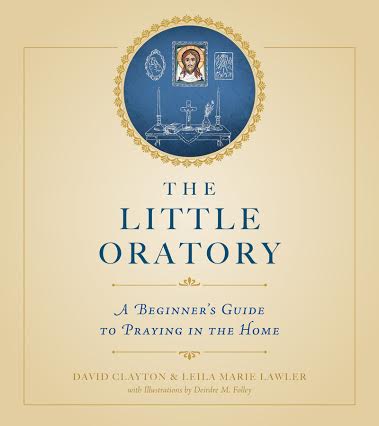 Personal Thoughts on Thomas More College's Response to the Harvard Black 'mass'. And how it relates to prayer in the home and the family.
We often hear that there is an over-emphasis on individualism in the West today. I many respects I agree with this. The Christian worldview sees man essentially as a person. A person, as distinct from an individual. A human person is always in relation with others, starting from birth. No one, by choice, disengages from society altogether (not even a hermit) and is happy. The relationships that exist between people are real entities that ensure that two people working together create a whole that is greater than the sum of the parts. The seemingly incongruous mathematics of this, one plus one equals three (two people and the relationship between them) reveals the principle of superabundance in which something is created out of nothing and is always invoked when love exists between two people.
Personal Thoughts on Thomas More College's Response to the Harvard Black 'mass'. And how it relates to prayer in the home and the family.
We often hear that there is an over-emphasis on individualism in the West today. I many respects I agree with this. The Christian worldview sees man essentially as a person. A person, as distinct from an individual. A human person is always in relation with others, starting from birth. No one, by choice, disengages from society altogether (not even a hermit) and is happy. The relationships that exist between people are real entities that ensure that two people working together create a whole that is greater than the sum of the parts. The seemingly incongruous mathematics of this, one plus one equals three (two people and the relationship between them) reveals the principle of superabundance in which something is created out of nothing and is always invoked when love exists between two people.
From these differing anthropologies - emphasizing either the personal or individual - two differing views of what society is emerge. On the one hand the Christian worldview sees society more as the aggregate effect of the network of the personal interactions that exist between people; the other sees society as simply the vector sum of all individual actions. This is important, how you view this can govern your idea of good economics and good politics, for example.
This attitude of individualism can creep into and affect all institutions and communities in the modern world, including the Church. It seems to me that even some genuinely pious and traditional Catholics seem to view the Church as a provider of services (sacraments) which are provided to them as consumers, so that they can do the things that set them right in God's eyes then go to heaven.
Where this attitude pervades there is a diminished understanding of the importance of the ideas of the service to God and others. In the practice of religion, the thought driven by individual is characterized by the phrase, what's in it for me? Now, I should say that I wouldn't do anything the Church asked me if I didn't think that I would get something good out of it. I am like all people and do what I believe will make me happy. But in this context, I believe, the rewards are indirect. The maxim I try to keep in mind is that it is in giving that we receive. The dynamic runs something like this: God has given Himself to us; through our worship we cooperate with Him, accept that gift and give ourselves back to Him; and then this opens the path to joy and holiness (to the degree that I fulfill the ideal).
So what's the answer to my opening question in the heading above? Can a college pray as a college? If we take an individualistic view of society, then the answer is no. Or at least, only to the degree that all of its members pray in harmony.
However, if we take the Catholic understanding of society, the answer is 'yes'. By virtue of the network of relationships that exist within it and from which no one is excluded, even if only a few members of that society do actually pray, those who pray to God can do so as advocates for the community as a whole, thereby bringing everyone into the picture in some way. This advocacy is most powerful and effective in the context of the liturgy; and when that prayer is the public worship of that institution - a Mass or Vespers in the college chapel and devotions ordered to it - then it is most powerful. I thought about this recently when Harvard University announced that it would allow a Black Mass on its campus. In response the President of Thomas More College of Liberal Arts, Dr William Fahey, wrote a public letter to the president of Harvard University asking for a change of heart. His open letter was well written and had great effect judged simply, by the degree to which it was noticed and reported on nationally. But more interesting, and I think even more powerful in effect, was what he encouraged us to do.
He asked us to attend Mass on that day. The Mass was offered for this cause we heard prayers a brilliant homily from one of the Benedictines from Still River directed to this end. He asked us also to attend the recitation of the Divine Mercy chaplet in the afternoon in chapel, which he lead; and then to attend a sung Vespers in the evening. Vespers was the the eve of Our Lady of Fatima, accordingly we invoked prayers to Our Lady, especially invoking the Immaculate Heart of Mary, to whom the college is dedicated and the Immaculate Conception, patroness of the USA (as well as Our Lady of Walsingham, patroness of England; and the Virgin of Coromoto, the patroness of Venezuela - two other countries in need of prayer at the moment). We asked also for the prayers of St Thomas More as patron of the college and closed with a threefold repetition of prayer to the Sacred Heart of Jesus, to whom the college is dedicated. As we invoked these saints we turned and faced their icons in the chapel. For example here is the Sacred Heart:
And Our Lady of Merrimack below, the gothic image, both were painted especially for our chapel.
As President of the college, he lead from the top, so to speak and was present on each occasion. Then, the next day, in response to what happened - the Black 'mass' was cancelled - we gave thanks, again in the context of the liturgy, by reciting the Te Deum at Mass.
What he had proposed was, it seems to me, a profoundly Catholic program of prayer - liturgy and devotions in harmony. As a result, those students and faculty present were praying for and on behalf of the whole community including those who were not present. As prayer ordered to the liturgy it was elevated above individual prayers in other settings through being united to Christ in a special, who is our advocate to the Father and through Christ. The Son prays to the Father in the Spirit and we participate in His prayer for us. By this, the college was an entity and a society truly at prayer.
I do not want to exaggerate the visible response in terms of numbers. I would love to be able to say that the attendance at each event was high but it wasn't. Each took place and was offered beautifully, but I have to say that the numbers really could have been much higher (even to the degree that we asked how we can communicate more effectively the importance of the liturgy in an educational institution and for the lives of the students). But here is the point. The liturgical ordering of the prayer ensured that the few who took the trouble were the soul of the society, praying on behalf of all, and for all.
This pattern of the few taking on the prayer and acting as leaven for the many is an ever present truth of the Church, so I am not so surprised or disappointed at the numbers, even at a Catholic institution. Sometimes of course there are very good practical reasons that we cannot make it. This is the wonderful thing about the idea of advocacy of one on behalf of others. It rests on an assumption that it is rare that everyone can always attend even with the very best of intentions. I have in mind the ideal of enough participation to keep the regular pattern of liturgical worship going on campus; then, I believe, the benefits for all can be profound.
 Aside from special instances like that described above the institution as whole and the surrounding community benefits from the few ensuring that the liturgy is prayed for the many. Here is one way: the liturgy of the whole society shapes its culture powerfully, through this network of personal interraction. The culture in this case means the natural way that people do things and relate to each other. The culture thus created is not only a reflection of core priorities and beliefs, it is also the most profound influencing factor especially on those who are not participating in the liturgy. At an educational instution, this is what above all else, forms the students. This may surprise some, but Blessed John Henry Newman no less, in his Idea of a University, went so far as to say that it was this forming influence in the daily living of an educational community that was the single most powerful influence on the formation and education of the individuals; more important, he said, than attendance at lectures, classes and tutorials, than the taking of exams or considerations of what curriculum is taught.
Aside from special instances like that described above the institution as whole and the surrounding community benefits from the few ensuring that the liturgy is prayed for the many. Here is one way: the liturgy of the whole society shapes its culture powerfully, through this network of personal interraction. The culture in this case means the natural way that people do things and relate to each other. The culture thus created is not only a reflection of core priorities and beliefs, it is also the most profound influencing factor especially on those who are not participating in the liturgy. At an educational instution, this is what above all else, forms the students. This may surprise some, but Blessed John Henry Newman no less, in his Idea of a University, went so far as to say that it was this forming influence in the daily living of an educational community that was the single most powerful influence on the formation and education of the individuals; more important, he said, than attendance at lectures, classes and tutorials, than the taking of exams or considerations of what curriculum is taught.
This tells us, therefore, that it is the liturgical life of the college that should be the first thing that is considered when forming a college and that everything else that is done should be ordered to this primary consideration.
The same, can be said for a home as well, I believe. It is the liturgical life of those in the home that affects this society in microcosm most profoundly. We worry much about the influences that might affect our children adversely and that is right I think to be aware of these things. However, the most important thing to worry about in regard to the Catholic education and upbringing of our children is liturgical piety. This is what will transmit the Faith most profoundly and, other things being equal, will have the power to overcome the negative aspects of modern society. This is a relief to me because I feel that this is something we can control far more easily. It also highlights the special role of the father in the family as the advocate for the family to God in prayer. He is head of the family is Christ is head of the Church.
The book, The Little Oratory: A Beginners Guide to Prayer in the Family is written rests on this understanding of the nature and power of liturgical prayer on us and those with whom we associate.




